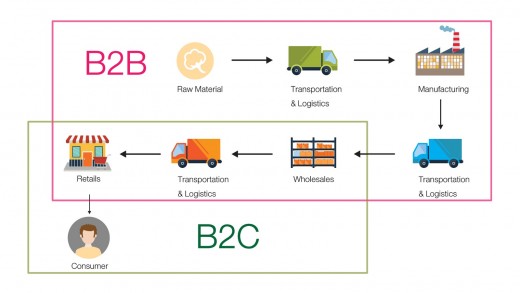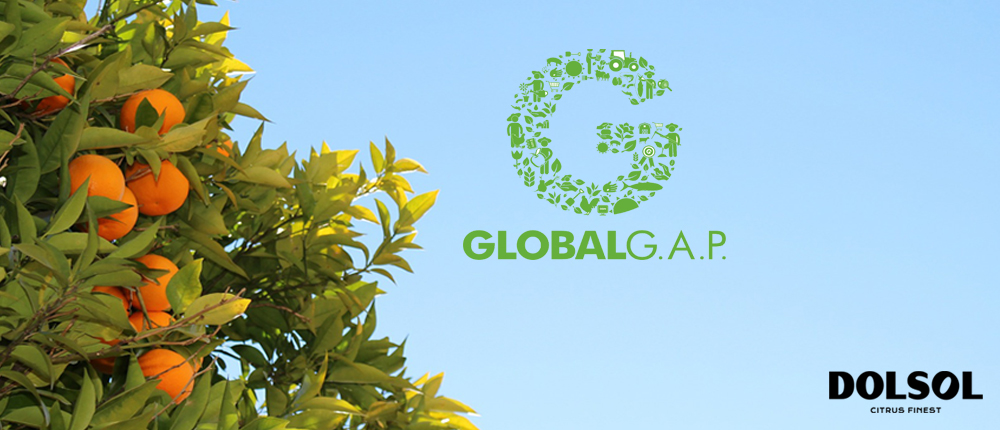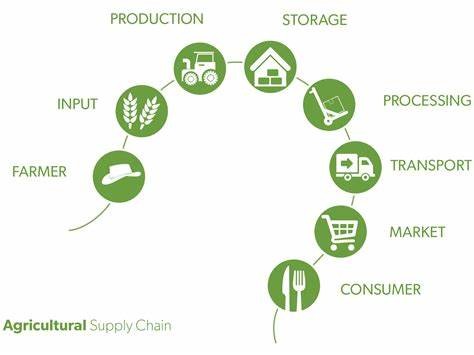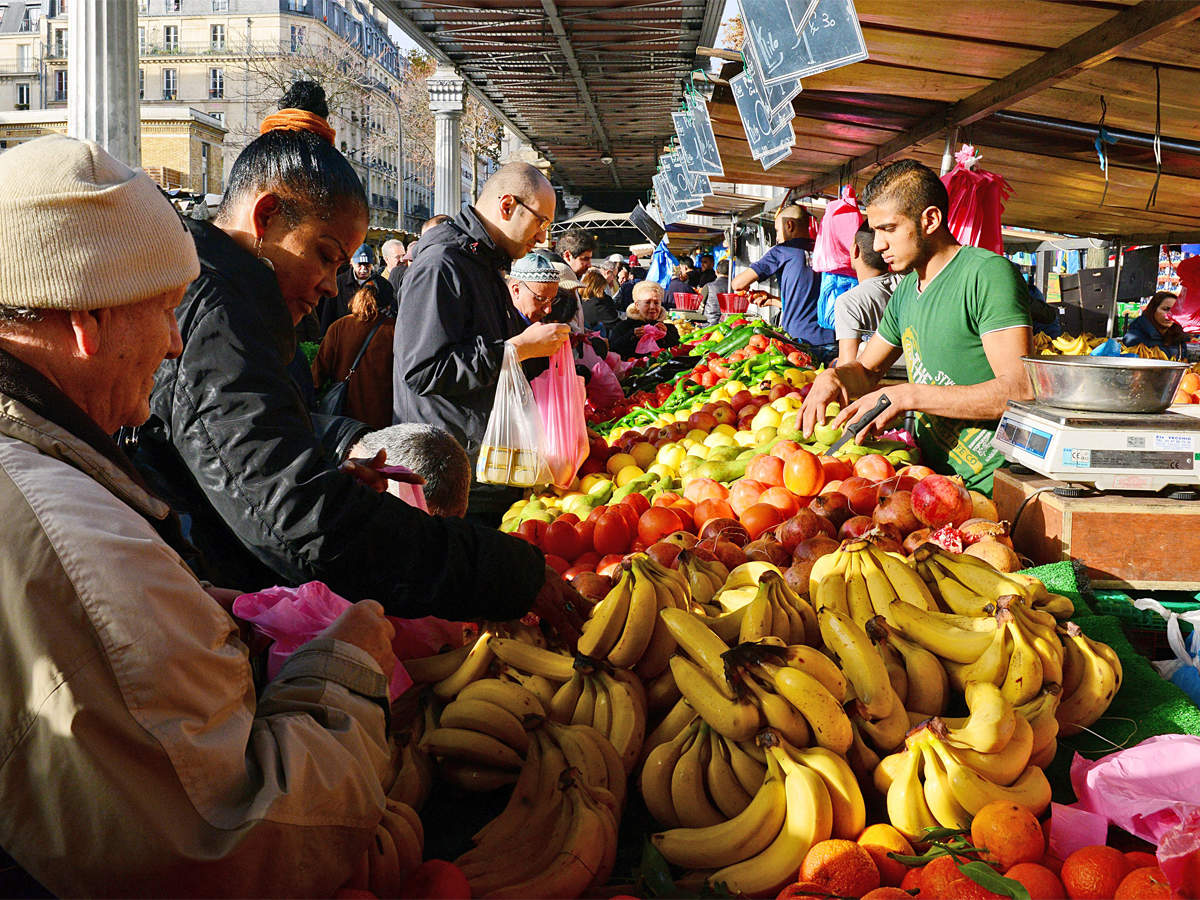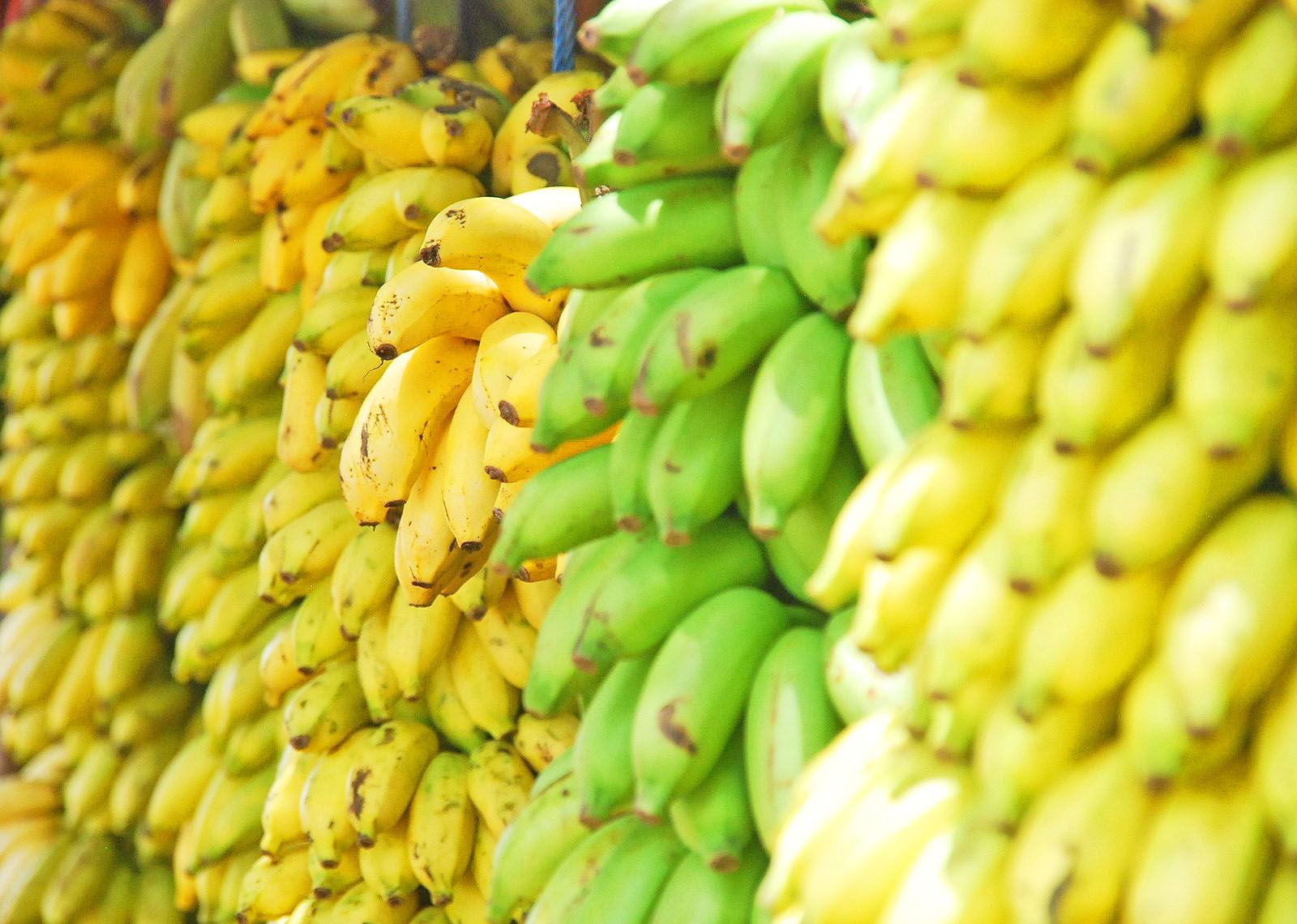What is Blockchain Technology?
Regardless of whether you're completely new to the digital currency space, odds are you've known about blockchain and you may even have a rough thought regarding what it is as of now. It's a sufficiently enough concept to grasp: at its most fundamental dimension, it is an exact record of everything which has ever occurred on a given network. That may not sound so impressive straight off the bat, but its significance is pretty great. On the web pretty much everything is hackable – the ramifications of something which is corruption-resistant are immense.
How Does It Work?
A blockchain is a peer-to-peer network of computers known as nodes that both participate and monitor asset transfers. Every transfer is recorded on each user’s computer (node), generating a platform of trust based on several identical copies of the ledger. What makes blockchain so significant is that it removes the requirement for a centralized outsider, which enhances proficiency, security, and dependability for endless businesses. Blockchain innovation is reforming enterprises from fund to farming. Organizations vast and little are going up against the test of incorporating this innovation into their operations.
The Advantages of Block-chain for Agribusinesses
There are many benefits of blockchain tech. The basic advantages of Blockchain technology are decentralization, immutability, security, and transparency.
- The blockchain technology takes into account verification without hosting to be reliant on third-parties.
- The data structure in a blockchain is append-only. So, the data cannot be altered or deleted.
- It utilizes protected cryptography to secure the records. Additionally, the present record is reliant on its adjoining completed block to finish the procedure.
- All the transactions and data are attached to the block after the process of maximum trust verification. There is a consensus of all the ledger participants on what is to be recorded.
- The transactions are recorded in chronological order. Thus, all the blocks in the blockchain are time stamped.
- The ledger is distributed across every single node in the blockchain who are the participants. So, it is distributed.
- The transactions stored in the blocks are contained in millions of computers participating in the chain. There is no possibility that the data if lost cannot be recovered.
- The transactions that take place are transparent. The individuals who are provided authority can view the transaction.
- The origin of any ledger can be tracked along the chain to its point of origin. Since various consensus protocols are needed to validate the entry.
- With the smart contracts, the organizations can pre-set conditions on the blockchain. The programmed exchanges are activated just when the conditions are met.
Blockchain and Supply of Fruits & Fegetables
Fruits and vegetables are one of the integral ingredients in a common day food. With its increase in demand and the subsequent challenge of fruit spoilage and loss, it's really vital to keep an eye on the future of the supply and demand for fruit and vegetables.
For making up the equilibrium between the supply and demand of fruit and vegetable, limiting the fruit from spoilage and gaining most out of this business there are some techniques that can be followed in the future. Technology and automation can be implemented in the warehouse. Robotics can play a vital and way better role than humans. Proper management of data is vital for the preservation of fruit and vegetables. Use of technology like bar code scanner and modern warehouse software can also facilitate in getting an idea about the current state and quantity of fruit and vegetables. Blockchain technology can also provide a great benefit by freeing the vendor from worrying about the import & export of fruits.
Regardless of whether it's the food business, the clothing business, or some other purchaser merchandise, today’s end users are becoming more conscious of their purchasing choices and need to be increasingly educated with regards to supply chain processes. Likewise, exporters and importers face various issues. The major issue is the payment method. Blockchain technology can possibly have the ability to improve this area. Blockchain payment processor takes the burden off companies and exporters/importers by providing a single solution for everyone in a supply chain or industry. In fact, we’re seeing it happen right now with companies like CoinPayments, BitPesa, Coinbase, e-fresco and Aliant who are all attempting to grow adoption of their own payment processing systems. This trend is gaining momentum. Perhaps blockchain will replace Bank LC and traditional payments between traders.
Every time a product changes hands, the transaction could be documented, creating a permanent account of a product, from manufacture to retailing. This could dramatically decrease time delays, added costs, and human blunder that plague transactions today. Some blockchain systems can offer an inclusive network of supply chain, where consumers can directly buy goods and have them delivered by means of the token/coin as an outcome of blockchain technology, effortlessly, safely, and cheaply.
 English
English 

